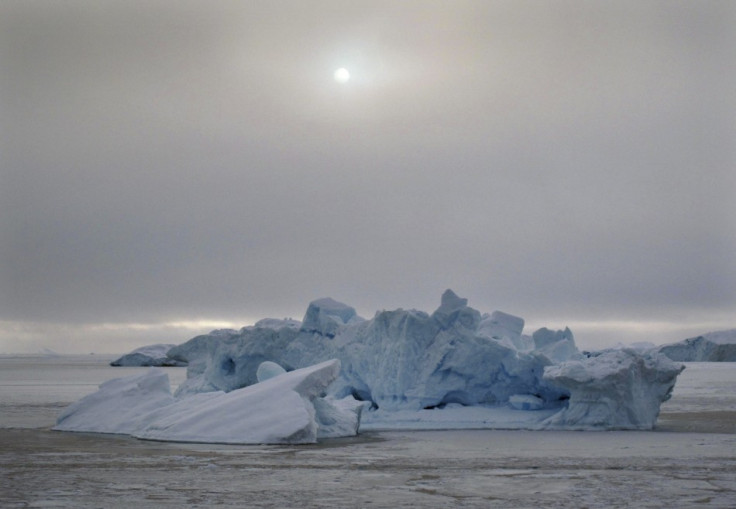Sea levels could rise by 10 feet in 50 years says ex-Nasa scientist

Retired Nasa scientist James Hansen who first rang the climate alarm bell in 1988, is now back with a study that points to major sea level rise in the next 50 years owing to speeding up of glacier melt.
In what Hansen says is his most important paper on climate change, he claims glaciers in Greenland and Antarctica will melt 10 times faster than previous consensus estimates, resulting in sea level rise of at least 10 feet in as little as 50 years.
Referring to a feedback loop in the ocean near Antarctica that results in cooler freshwater from melting glaciers forcing warmer, saltier water underneath the ice sheets, speeding up the melting rate, Hansen says his study implies change far beyond previous consensus estimates given by the IPCC and others.
Now with Columbia University's Earth Institute, Hansen has published with 16 other researchers, the new study that talks of alarming sea-level rise and intense storm systems. The study is expected to generate much controversy, as it challenges the UN Intergovernmental Panel on Climate Change (IPCC) findings published in its latest assessment of the state of climate science, published in 2013.
Hansen and his colleagues suggest that the time for ice loss from West Antarctica to double is as short as 10 years, indicating a nonlinear process that could trigger major sea level rise in 50-200 years.
The IPCC assumed more of a linear process that suggests only about one meter of sea-level rise, at most, by 2100.
The 2 degrees Celsius global warming is "highly dangerous", they warn.
The paper, entitled "Ice melt, sea level rise and superstorms: evidence from paleoclimate data, climate modelling, and modern observations that 2 ◦C global warming is highly dangerous" appeared online in Atmospheric Chemistry and Physics Discussion, an open-access journal published by the European Geosciences Union where peer review process follows publishing.
The paper suggests that major ice loss from both Antarctica and Greenland will change the circulation of the oceans with warm waters trapped below cold surface layers, increase the temperature difference between latitudes and lead to storms.
Michael Mann, a climate researcher at Penn State University who reviewed the paper, told Star Tribune that "their case is most compelling when it comes to the matter of West Antarctic ice sheet collapse and the substantial sea level rise that would result".
Kevin Trenberth of the National Center for Atmospheric Research strongly criticised the study, saying that "there are way too many assumptions and extrapolations for anything here to be taken seriously other than to promote further studies".
However, there are many who believe the IPCC estimates are far too conservative. Greg Holland, a climate and hurricane researcher at the National Center for Atmospheric Research, who has also reviewed the Hansen study, believes the truth lies "somewhere between IPCC and Jim".
The melt rate of glaciers in west Antarctica has tripled in the last decade. The glaciers lost water equivalent to Mt Everest's-worth every two years over the last 21 years, said an UCI Nasa study using four measurement techniques.
Small glaciers on the Antarctic land are very sensitive to temperature increases and could disappear in 200 years, said a Royal Holloway study.
The second largest body of ice on Earth, the Greenland ice sheet shed about 243 gigatonnes of ice per year from 2003-09, said a Buffalo study using satellite data for the period.
Climate change has seen some fierce debates in recent times with many nay-sayers shown to be funded by the oil industry.
Mysterious deaths
Interestingly, a Cambridge professor has raised suspicion of foul play in the deaths of three climate scientists in 2013.
The physicist Peter Wadhams told media he suspected the trio were assassinated probably by the oil lobby for their studies that pointed to fast rates of ice melt.
He also said in the following weeks he himself almost died from an accident in which a lorry tried to force him off the road.
Wadhams has been among scientists presenting extreme ice melts from global warming. A recent study noted that the total volume of Arctic ice had increased by 40% in 2013. But Wadhams claims that the Arctic could be without ice by the end of this summer.
© Copyright IBTimes 2025. All rights reserved.




















